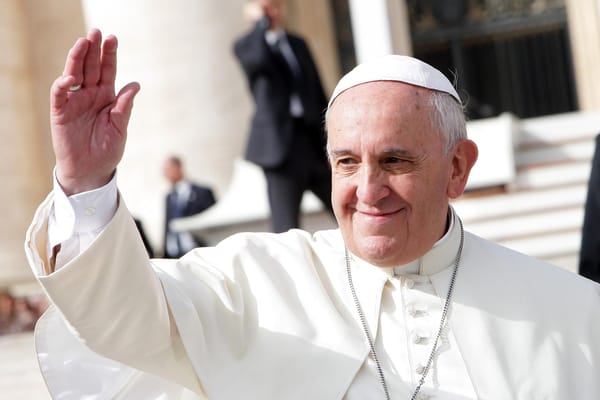Neoliberal ideology should have come crashing down with the financial system during the 2008 crisis, a victim of its own hubris. Instead, it remains ascendant, now for the better part of two generations. And it will stay that way unless its opponents embrace social democracy, combined with the older, deeper wisdom of Catholic social thought.
Neoliberalism was predicated on the supposedly emancipatory power of free markets. It held that free trade, financial liberalization, and a hands-off role for government would lead to soaring economic gains. But these gains never materialized. Economic growth in the neoliberal era has been lower than it was in the previous, social-democratic, era. What neoliberalism bred was gross inequality, with the lion’s share of the gains going to the top. And the emphasis on financial deregulation triggered the most severe economic crisis since the Great Depression.
So why didn’t the neoliberal experiment end in 2008? One reason is that it was seen as the only game in town, especially after the fall of Soviet Communism. People had lost the ability to imagine an alternative founded on a compelling moral narrative.
To be sure, neoliberalism had a moral narrative of its own, centered on the market acting as a handmaiden to personal freedom, material well-being, self-actualization, and a form of cosmopolitan comity that comes with a globalized world. These claims were overblown, of course, but they were powerful. And they enticed the left as well as the right.
